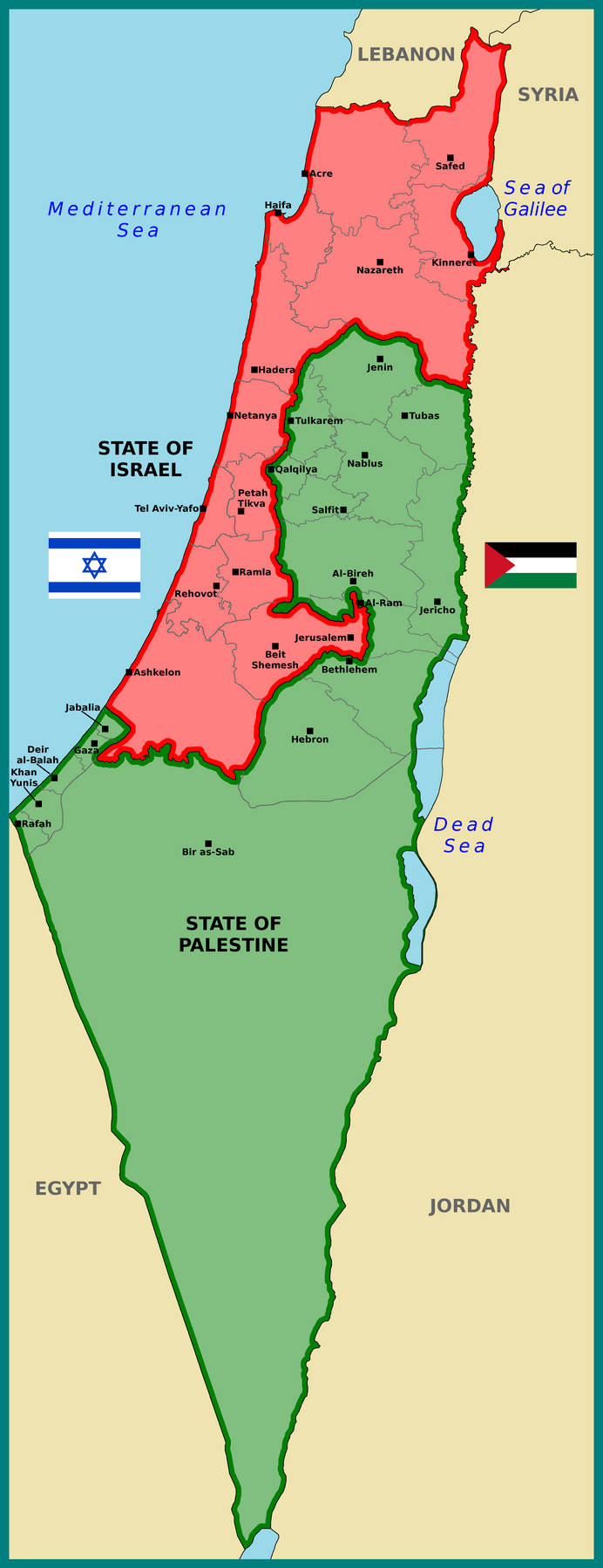Professor Kuppinger weighs in on U.S. role in Israel-Palestine conflict
Seamus O'Sullivan - Staff Writer
Monmouth College continued its "Great Decisions" foreign policy discussion, featuring Anthropology and Sociology Professor Petra Kuppinger. The session focused on the ongoing Israel and Palestine conflict, and the United States and other nations’ role.
Kuppinger emphasized the conflict’s complexity and the importance of including multiple parties in peace negotiations. "There’s a lot of regional issues and geopolitical tension that feed into this," Kuppinger said. "It takes a number of serious and committed experts to disentangle all of this and create something that really lasts."
She highlighted the U.S.'s unique position in future negotiations, describing the nation as both an insider and outsider. "The U.S. is not physically present, but it has a stake in the conflict due to its sizable military and economic support of Israel and interests with countries like Saudi Arabia," Kuppinger said.
A common misconceptions Kuppinger addressed is the belief that the conflict can be resolved quickly. "A common misconception is that you just need to sit down, make peace, and tomorrow everything is good," she said. "It takes a lot of care and listening because there’s a lot of pain inflicted on both sides."
Kuppinger also discussed the deep historical wounds carried by Palestinians. Many Palestinians fled their homes during the 1948 Arab-Israeli War with the expectation of returning, only to find their homes destroyed. "The small significance of leaving and not being able to come back is way too serious for Palestinians to agree to something like this again," she explained.
The "Great Decisions" series will continue after spring break on March 19, where economics professor, Brian Park, will discuss the U.S.’s leadership in the global economy.


